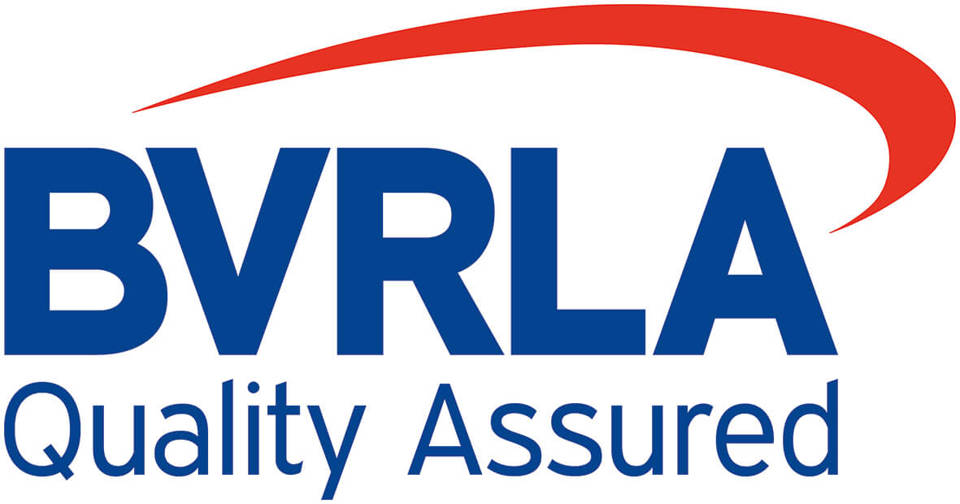The Vehicle and Operator Services Agency (VOSA) and the Driver and Vehicle Licensing Agency (DVLA) should merge to save money and provide a better service, according to the BVRLA.
As part of the reorganisation, the BVRLA believes that the DVLA should assume all responsibility for vehicle and driver record-keeping, while VOSA concentrates on enforcement.
This approach would see MOT and commercial vehicle Annual Test data transferred to DVLA, while fines for Vehicle Excise Duty evasion, continuous insurance enforcement and continuous registration would be overseen by VOSA.
A combined agency would be fronted by a single online gateway. For businesses and motorists, this would result in them only having to deal with one online portal whether they were registering a vehicle, taxing it, putting it through an MOT or Annual Test or disposing of it.
Jay Parmar, legal and policy director at the BVRLA, said: “We believe that this root and branch review would deliver real efficiencies for government by streamlining enforcement and back-office systems.
“It would foster a more joined-up approach to motoring policies and lead to better sharing of information, while creating a one-stop-shop for motorists and fleet operators.”
The BVRLA made its suggestions in its response to a government consultation on the future of the DfT’s executive transport agencies, which include the DVLA, VOSA, the Vehicle Certification Agency (VCA) and Driver Standards Agency (DSA).
Both VOSA and the DVLA have been tasked with providing more digital and customer-friendly services, improving the testing regime and saving money.
The DVLA is already considering the BVRLA’s suggestion for eliminating the need to display a tax disc. VOSA hopes the introduction of privately-run Authorised Testing Facilities will improve the provision of commercial vehicle annual testing, but the BVRLA still believes that the agency needs to go further by accrediting non-VOSA technicians to provide tests.
“There is huge potential for these government agencies to work more efficiently, cut red tape and improve customer service,” said Parmar.
“The government is slowly moving in the right direction and we will keep applying pressure to ensure that they deliver.”



















Simon - 07/03/2013 15:14
This is probably one of the most sensible suggestion that I have read - this should have been called for many years ago - well done BVRLA